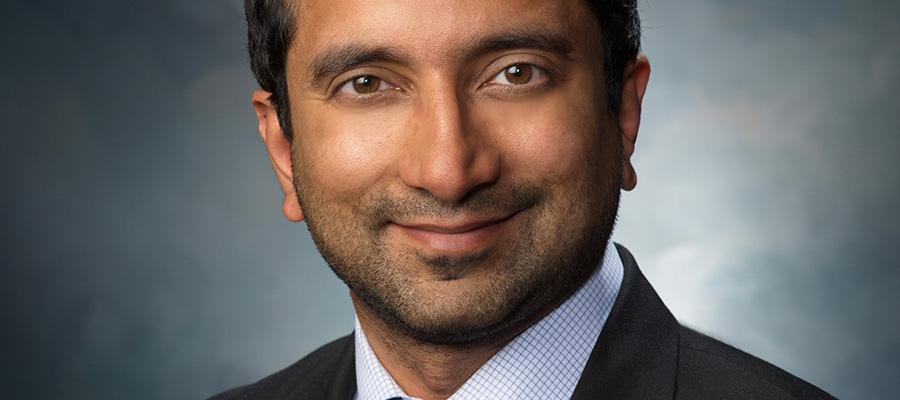Focusing medical technology on neonatal abstinence syndrome

In a perfect world, every newborn would greet life with a clean slate, health-wise at least. In the real world, though, there is an infant born every 15 minutes already suffering from neonatal abstinence syndrome (NAS), a group of conditions caused when a baby is withdrawing from certain drugs he's been exposed to in the womb. Most often, these are opioid-class drugs, causing short-term problems after birth including diarrhea, vomiting, high fevers, and inconsolability. Not an ideal way to start existence.
The good news is health care leaders are directing new policies and technologies aimed at ameliorating the tragedy of NAS. For example, a new law signed on Oct. 24 to combat opioid abuse expands the authority of state Medicaid programs to pay for NAS care in residential pediatric counseling centers. This is a welcome development.
But new uses of technology may hold even greater promise for making gains against NAS. On Oct. 17, the Department of Health and Human Services sponsored a national meeting that focused on using health technology and data to better understand outcomes and improve long-term care for children with NAS. The event was hosted in Philadelphia by Thomas Jefferson University Hospital, a leader in this work, and was attended by HHS Secretary Alex Azar and First Lady Melania Trump.
The potential uses of technology were front and center at this event. Experts shared ideas on harvesting tech’s potential for tackling the NAS problem in new ways. Health IT could also be used to create longitudinal health records with support decision tools, care plans, and opportunities for research.
I had the privilege of facilitating two breakout panel discussions that drilled down deeper. Thought leaders – including hospital officials and senior federal health policy leaders from CMS and the White House – discussed the need to prioritize EHR pediatric data elements that include clinical and social determinants. We also endorsed the need to streamline the exchange of health information among hospitals and hospital system-based models. Among other things, this would require standardization of terms, so that everyone is speaking the same language around NAS.
Other topics of discussion on Oct. 17 included: gauging a provider’s capabilities for dealing with NAS and getting a quick “win” to drive momentum; identifying gaps in care and unexplained or unwarranted variations; and getting a better handle on the social stressors that contribute to the problem of NAS. Experts also discussed how the social determinants of health data yield a more accurate and holistic understanding of the NAS picture.
As is so often true in the health field, there are already hospitals, health systems, private care providers, and other entities pioneering best practice work regarding NAS that can be shared for everyone’s benefit. The AHA will continue to work to plug our members into these efforts, and prioritize sharing these important resources with members.
Even as we work to close our knowledge gaps around long-term outcomes and care, it is clear that Neonatal Abstinence Syndrome merits greater attention. This symposia highlighted urgent questions and concerns. Most important, it helped to steer caregivers toward new approaches to prevention, surveillance, treatment, and coordination that are critical to reducing NAS.
Jay Bhatt, D.O., is senior vice president and chief medical officer of the American Hospital Association, and president of the Health Research & Educational Trust.

